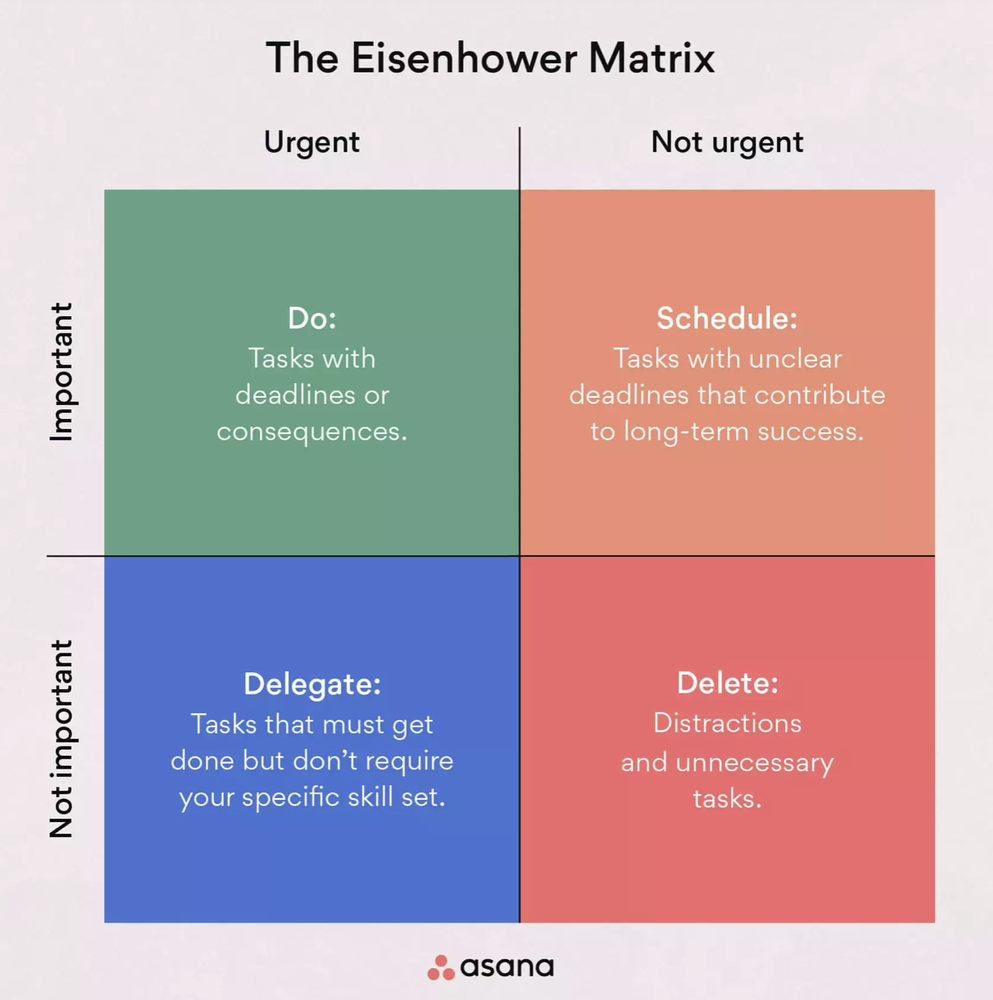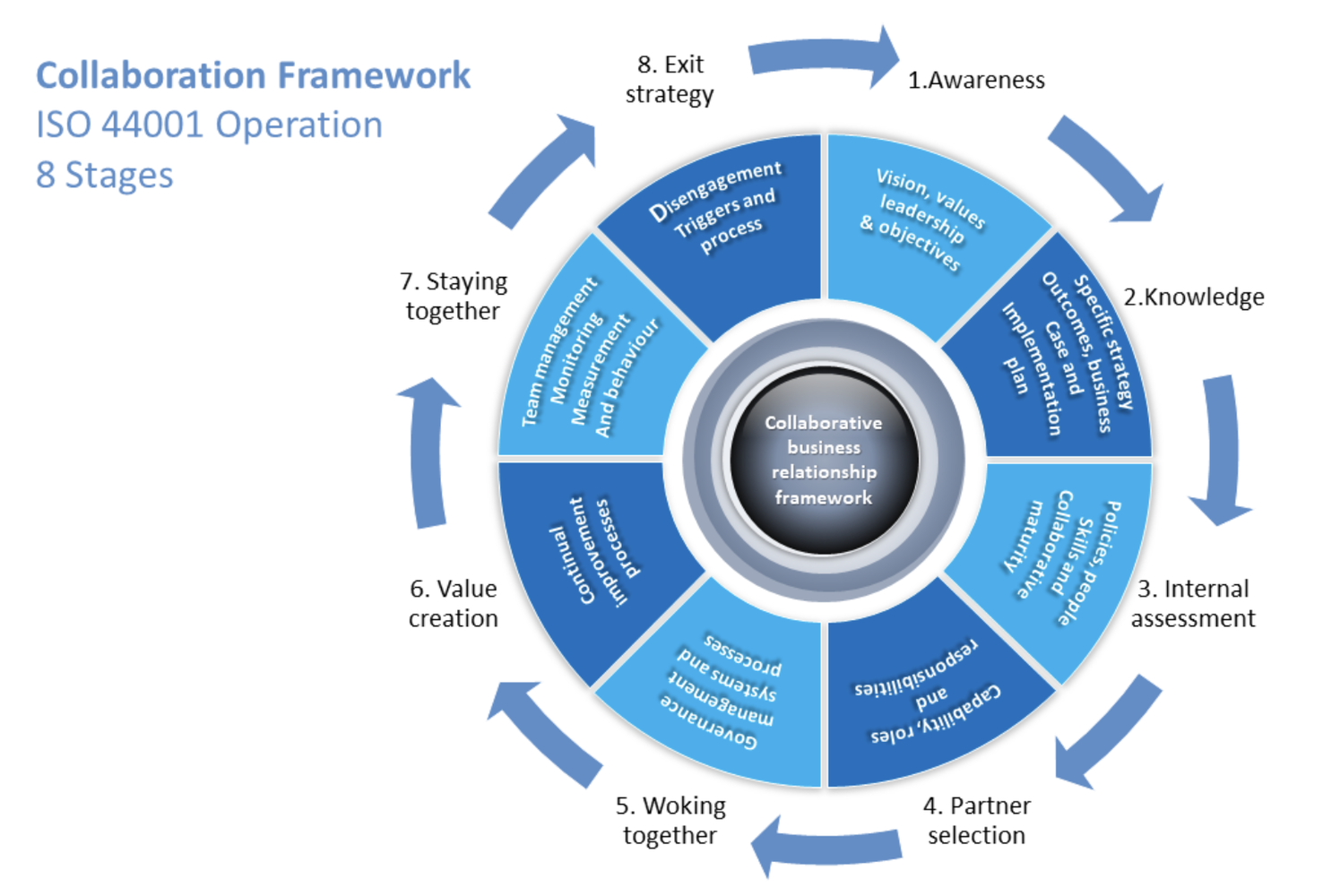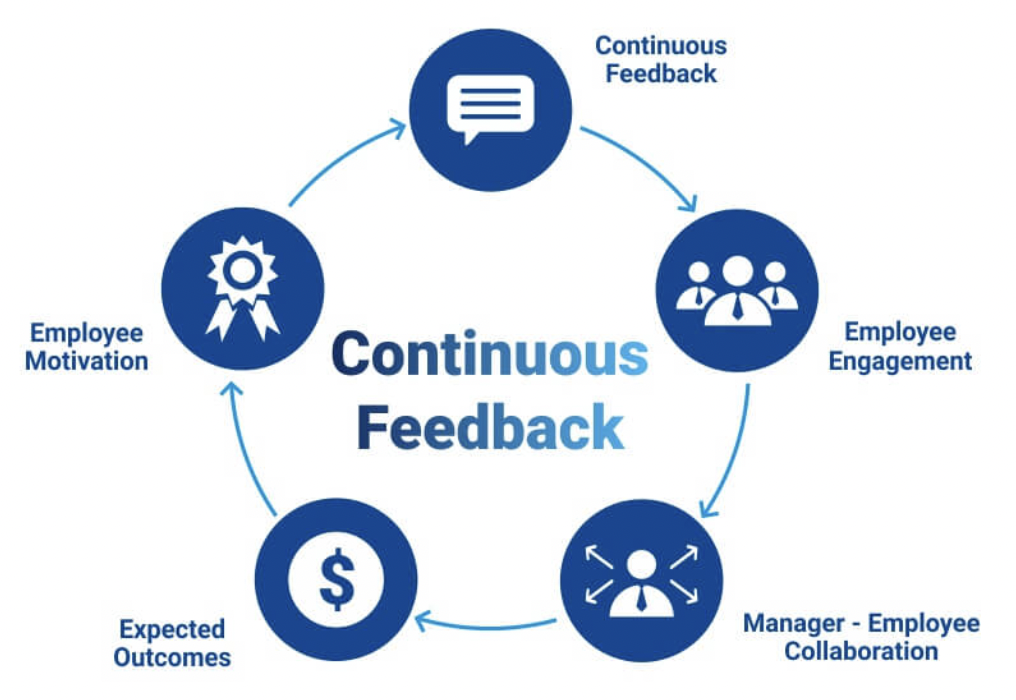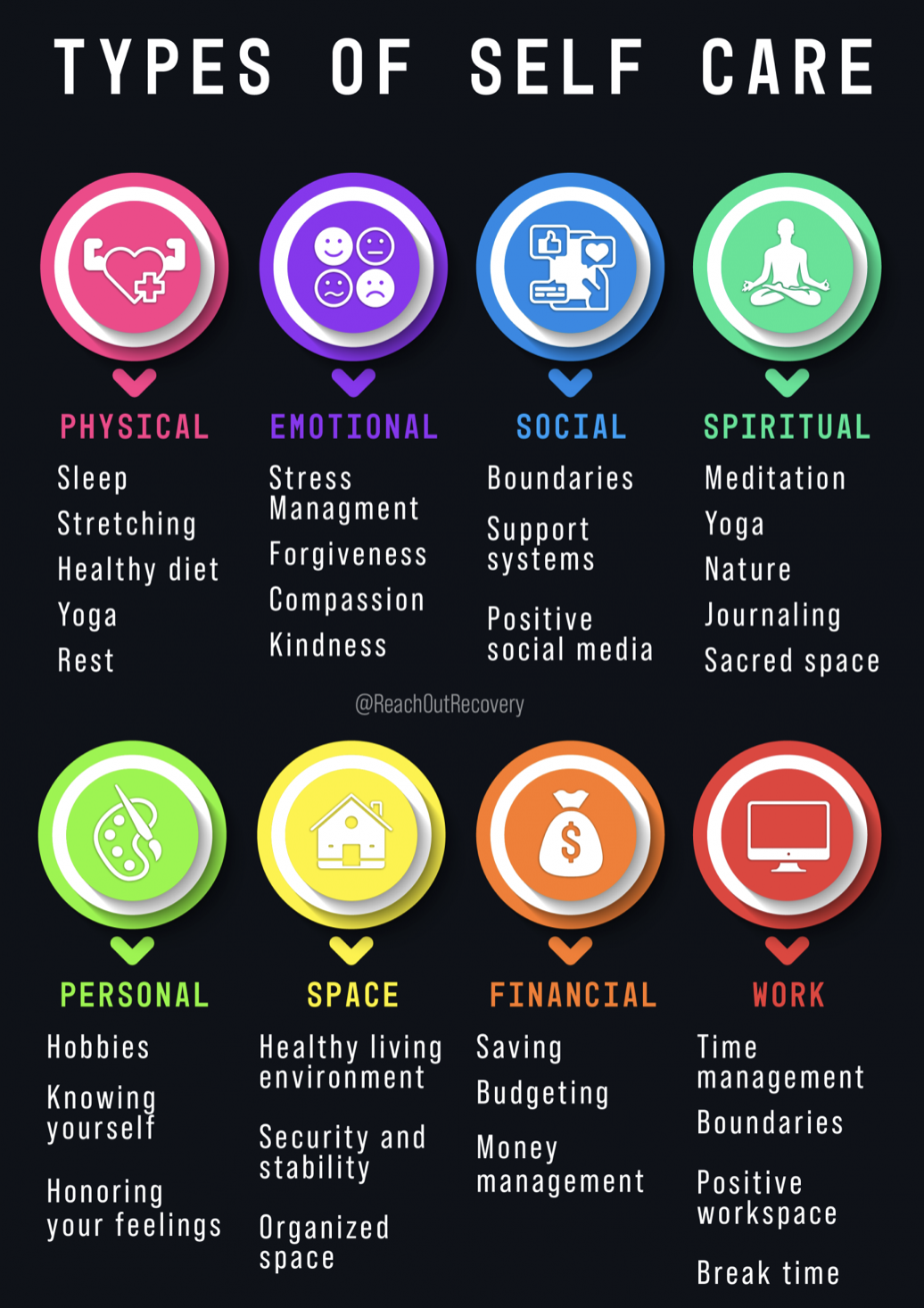Understanding the Causes of Cognitive Overload in Leaders and How to Combat it.
As leaders, we often find ourselves juggling numerous responsibilities, making critical decisions, and managing teams. This constant demand for attention and mental effort can lead to cognitive overload, a state of mental exhaustion that hampers our productivity, decision-making abilities, and overall well-being. In this article, we will explore the causes of cognitive overload in leaders and provide effective strategies to combat it.
Causes of Cognitive Overload in Leaders:
1. Information Overload: In today's digital age, leaders are bombarded with an overwhelming amount of information from various sources. Emails, reports, meetings, and industry updates can quickly become overwhelming, making it challenging to filter and prioritize essential information.
2. Decision Fatigue: Leaders are often faced with making numerous decisions throughout the day. The cumulative effect of decision-making can deplete mental resources, leading to decision fatigue. This can impair judgment and result in poor decision-making.
3. Multitasking: Leaders are frequently required to handle multiple tasks simultaneously. However, multitasking can lead to cognitive overload as our brains struggle to switch between different tasks, reducing efficiency and increasing mental strain.
4. Lack of Boundaries: Leaders often find it difficult to establish boundaries, leading to an "always-on" mentality. Constantly being available and engaged can prevent adequate rest and recovery, contributing to cognitive overload.
Combatting Cognitive Overload:
1. Prioritize and Delegate: Identify the most critical tasks and focus on those first. Delegate tasks that can be handled by others, freeing up mental space for strategic thinking and decision-making.
2. Establish Clear Boundaries: Set boundaries to protect your time and mental energy. Learn to say no when necessary and create a schedule that allows for breaks and time to recharge.
3. Practice Mindfulness: Incorporate mindfulness techniques into your daily routine. Take short breaks to clear your mind, practice deep breathing exercises, or engage in activities that help you relax and refocus. This will reduce stress and improve cognitive abilities.
4. Streamline Information: Filter and prioritize the information you consume. Utilize tools like email filters, news aggregators, or project management software to streamline and organize information, ensuring you focus on what is essential.
5. Foster Collaboration: Encourage open communication within your team. Distribute the cognitive load by fostering a supportive culture where team members can share concerns and workload. Embrace diverse opinions and encourage collaboration to find innovative solutions.
6. Seek Support and Feedback: Don't hesitate to seek support from your team or colleagues. Collaboration can help distribute the cognitive load and provide fresh perspectives on complex problems. Embrace feedback and learn from others' experiences.
7. Take Care of Yourself: Prioritize self-care. Ensure you get enough sleep, eat well, and engage in regular physical activity. Taking care of your physical and mental health is crucial for managing cognitive overload effectively.
Cognitive overload is a common challenge faced by leaders, but it can be effectively managed. By understanding the causes of cognitive overload and implementing strategies to combat it, leaders can reduce stress, improve decision-making, and create a healthier work environment for themselves and their teams. Remember, combating cognitive overload is an ongoing process that requires self-awareness, discipline, and a commitment to personal well-being.
If you need help combatting cognitive overload, send me a message and let's talk :)
Thanks, and happy leading folks!
-Coach MJ







